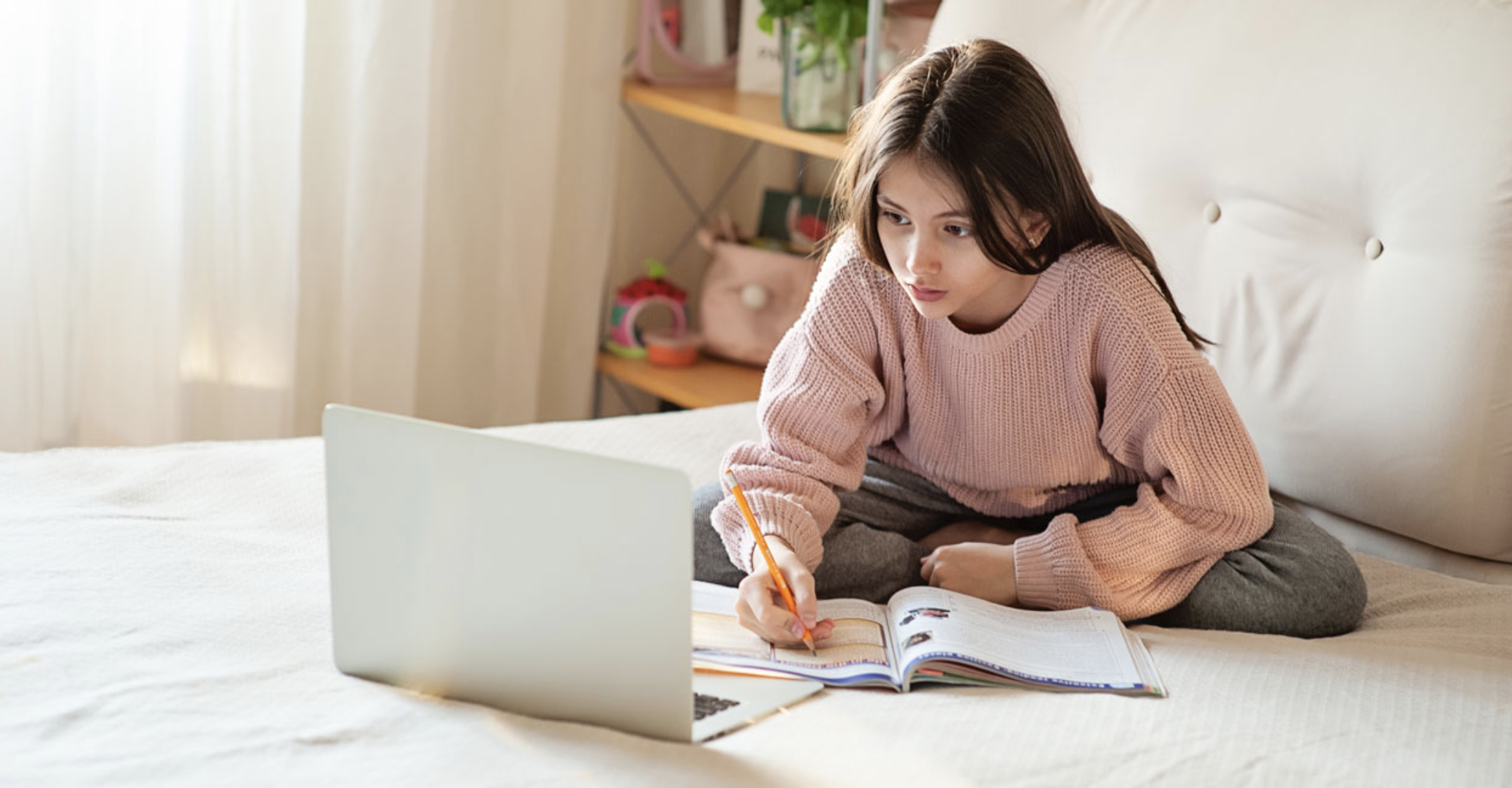Penna Dexter
‘We’re all homeschoolers now’ became a familiar parental refrain as Americans began a weeks-long ‘shelter-at-home’ period. Some can’t wait to be done with this particular duty. For others, the experience wasn’t as hard as they thought, perhaps more satisfying than expected.
Some families may learn from this that they love homeschooling and want to keep it up. Others may find a limited form of homeschooling necessary this fall when we’ll likely still be dealing with coronavirus-related precautions. We may see more families choosing what one education expert describes as hybrid homeschooling.
Eric Wearne is Associate Professor of Education at Kennesaw State University and author of Little Platoons: Defining Hybrid Home Schools in America. In his recent article for The Daily Signal, he predicts, “Students likely will learn from home again in substantial ways next school year — either due to formal school shutdowns or school schedules of two or three days a week to allow for more social distancing within school walls.”
If schools are still mostly online this fall, there’s a concern students won’t be getting much teacher interaction. In one study, 31 percent reported interacting with a teacher at least once a day during the shutdown.
Hybrid homeschools — sometimes called university model schools — could be a solution, offering a ‘best of both worlds’ scenario. Unlike homeschool co-ops, they are formal schools with full-time teachers. Yet these schools provide more flexibility and time with family than traditional schools. Students attend classes two or three days a week and, on the other days, follow school-determined curricula at home either independently, or guided by parents.
Dr. Wearne points out that hybrid homeschools are mostly private schools but are much more affordable. They “typically have tuitions of less than $5000 per year,” which can end up even less because it puts them “in the range of funding levels of most existing or proposed education savings account (ESA) programs.”
Parents may well want to consider hybrid homeschooling.

 Listen Online
Listen Online Watch Online
Watch Online Find a Station in Your Area
Find a Station in Your Area











 Listen Now
Listen Now Watch Online
Watch Online
